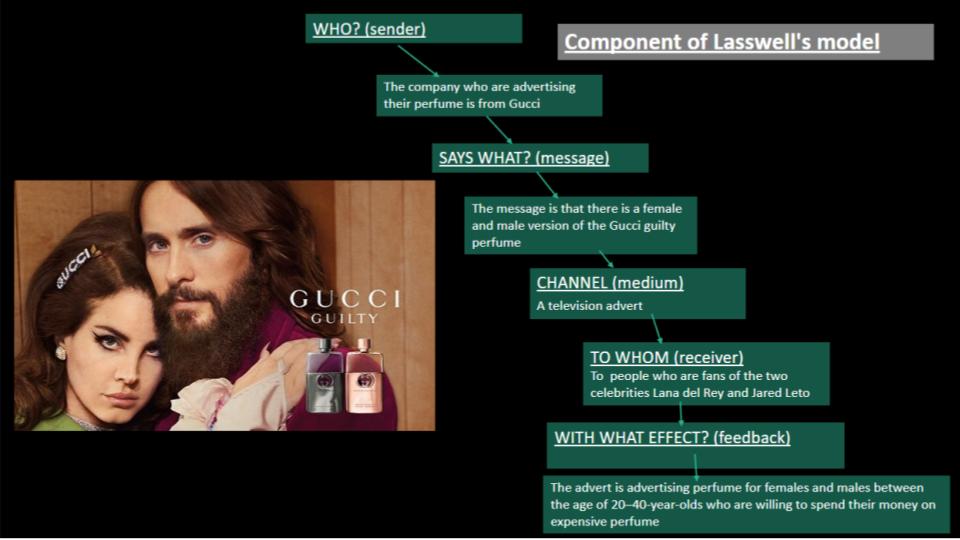
component of lasswells model




Who? – Dyson
Says what? – if you buy the new Dyson hoover it will make your house spotless and do a good job
Channel – This advert was featured on a billboard located in the UK
To whom? – This advert would be targeted at any adult who see the billboard and that are in the need of a new hoover, most likely a parent with enough money.
With what effect? – This advert would make the customer want to purchase the hoover in order to have a clean house or building.

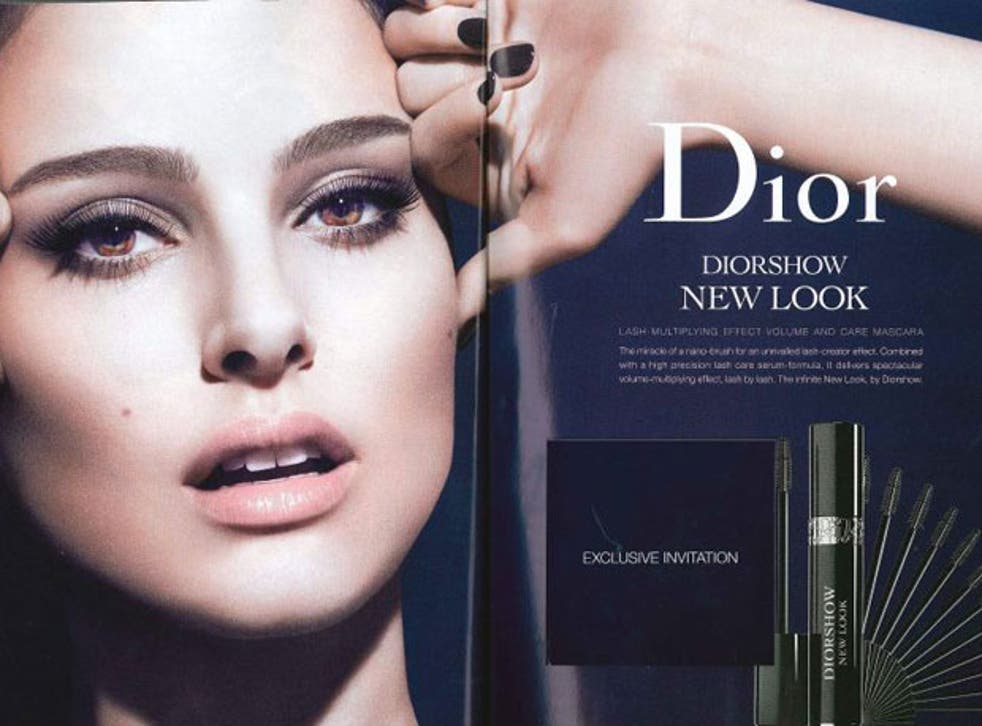


Analyse the relationship between signifiers and signified in the two csp games covers.
In this essay I am going to apply a semiotic analysis to both the Tomb Raider and Metroid video games covers. Semiotics is the study of signs. Signifiers are things or ideas that are trying to be invoked whereas signified is standing for something else.
I believe that Lara Croft is a sexualised game due to the fact of Lara’s clothing whereas Metroid is not which suggests that games companies sexualise women to entice male players to buy the game. As such in this essay, I am going to make it clear that the male Gaze towards women is the reasoning as to why video games companies are becoming so successful.
In CSP 1 Tomb Raider the use of the male gaze shows connotations of voyeurism as Lara Croft is having her backside shown towards the front cover as well as her breasts being clearly visible to the purchaser. Not only that but Lara Croft is shown to be put into tight clothing and short shorts. This shows a misrepresentation of women as women don’t constantly wear skin-tight clothes and show off their bodies in a sexual way to men to fuel their need for voyeurism. In video games the fluidity of identity is stripped from women, and they are used as selective representations of what women are actually like and shows a negative stereotype towards what women are supposed to be like. Whereas men are given Hegemony over women and patriarchy takes course as games progress with men taking dominance over women.
In CSP 2 Metroid the use of Counter-Types is used to show the positives of the Metroid and how strong and powerful he is portrayed to be. In Metroid there is no collective identitys except from the fact that it is just a robot. There is no gender stereotypes and there is negotiated identity through the fact of the robot being a robot. Not the agreement of male and female its robot and robot. This eliminated the idea of the male gaze as there is no distinctive woman to look at. The thought of dominant ideology is also lost when looking at Metroid as there is no belief and morals to be shown due to the fact that of the constructed reality Metroid has created.
There are very controversial ideas of both CSP 1 and CSP 2 due to the fact that the robot in Metroid is depicted as a male and is in a full suit of armour when fighting but Lara Croft in tomb raider has to fight in skimpy clothing which barely covers her. Males get all this praise where as females get objectified. Laura Mulvey as specialist in the idea of the male gaze. Laura’s definition of the male gaze is “ women in the media are viewed from the eyes of a heterosexual man, and that these women are represented as passive objects of male desire” she also stated that “The Male Gaze suggests that the female viewer must experience the narrative secondarily, by identification with the male” Laura Mulvey works towards getting game companies to have equality for both male and female characters and to not just use the female as the damsel in distress for all situations. Laura has been to many events and has dedicated majority of her life to getting game companies to change their outlook on women.
The reason as to why Laura’s work isn’t changing the future isn’t because she’s wrong in any way shape or form or that her theory is incorrect but the buyers and audience for these games continue to buy the same types of games. Its either women in little clothing showing off their bodies whilst fighting or women in need of the males help to come save her. The damsel in distress theory for games has always worked. Mario, for example Mario has to go to a castle and save princess p-each from the evil turtle thing and that’s the games basic outline. Of course, throughout the game there is challenges and fights to be won in order to make it to the castle but it’s still the same ideology that the women will always need saving from the bad and the Hero that comes to save her is a male.
To conclude CPS 1 Lara Croft is in fact a sexualised game which promotes the idea of women distinguished as objects and only there for the males to look at. Whereas CPS 2 Metroid is the idea of a woman as it’s been recently distinguished that Metroid is in fact female but the fact of the Metroid being covered up and having many masculine traits makes it more believable for her to be a male. But Metroid has had this female fully covered up and not seen as an object or just there for men to look at which gives off the idea to audiences that that this is a non-sexualised game and can be played by all. I believe there is no relationship or similarity between the 2 CPS’ signifiers and signified as they are two completely different and separate games.
Hypodermic Model – Passive consumption
Harold Lasswell – Propaganda Technique in the World War “subtle poison, which industrious men injected into the veins of a staggering people until the smashing powers… knocked them into submission”. As Martin Moore notes, Lasswell, as a behavioural scientist researching areas connected with political communication and propaganda, believed each government had ‘manipulated the mass media in order to justify its actions’ in World War 1


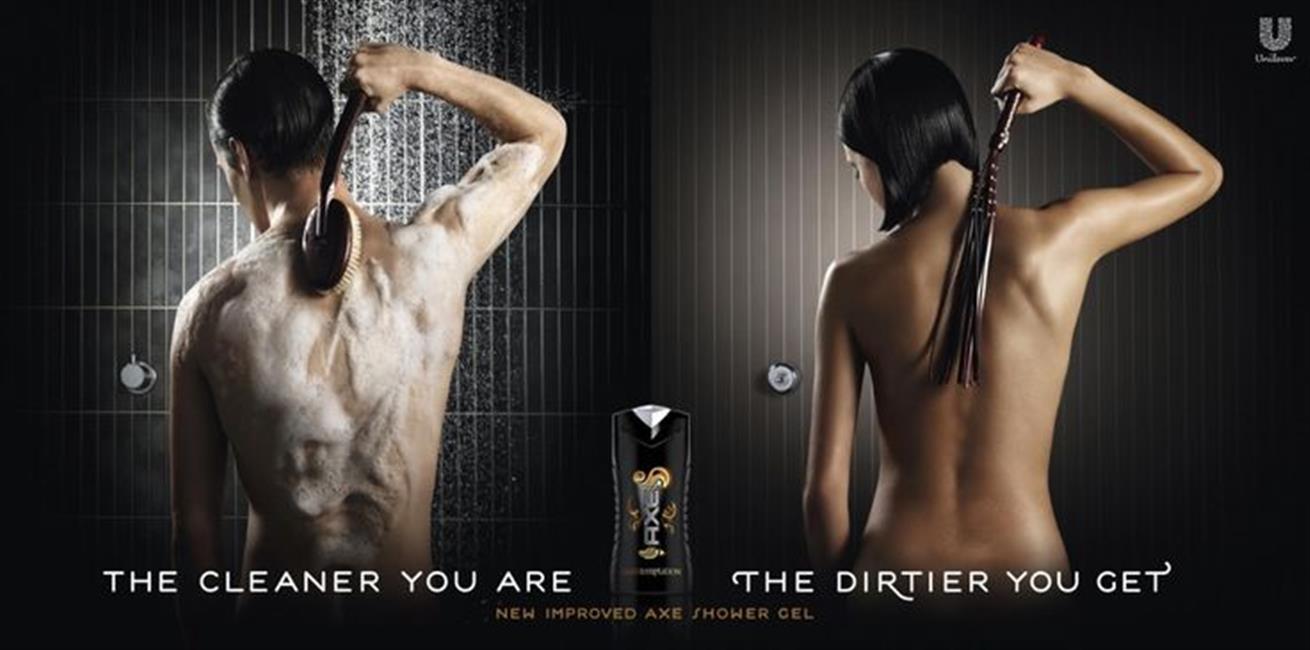
– Clearly there is some voyeuristic, dominant signified ideas being portrayed in this advert. A massive over-sexualisation of the female gender.
– There is a clear constructed reality in the sense that using their body wash will attract these sexual desires in both genders.
– There is a male gaze feature here as the product is targeted towards men and the female is clearly being over-sexualised
– There could also be features of selective representation in the sense that it only represents and targets the views of the presumed straight male
– This is a negative stereotype towards woman that if men use AXE body wash they will instantaneously become sexually attracted to that man, creating dangerous and incorrect ideas about their representation
– This is a reactionary view of woman being used in this advert to produce more sales to their target audience of the presumed straight male
– The paradigm of the items of the body brush versus the whip shows a indexical sign of the objective of the advert to sexualise their product effectively
– This is a ideologist representation of male products being shown to be a signified show of how the products are used to attract women
 | |
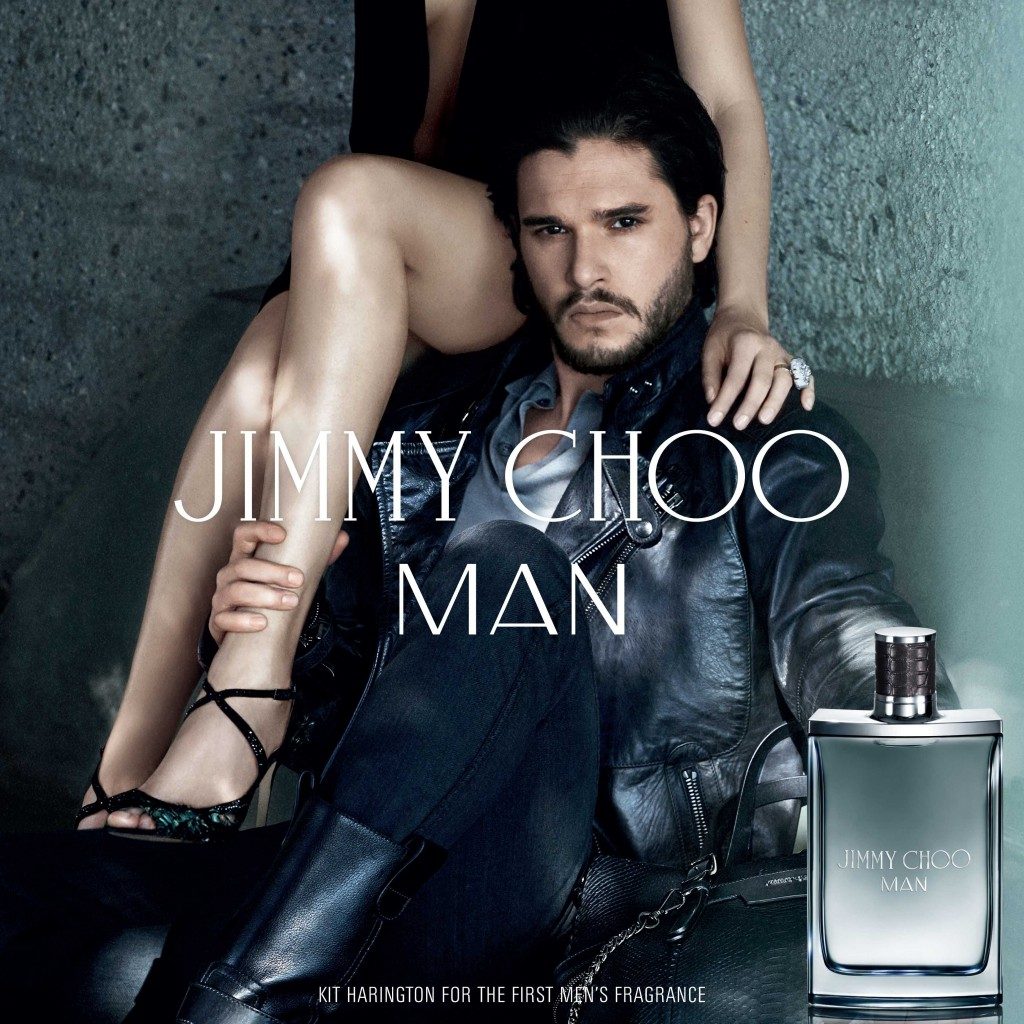 |  |
Nivea men:


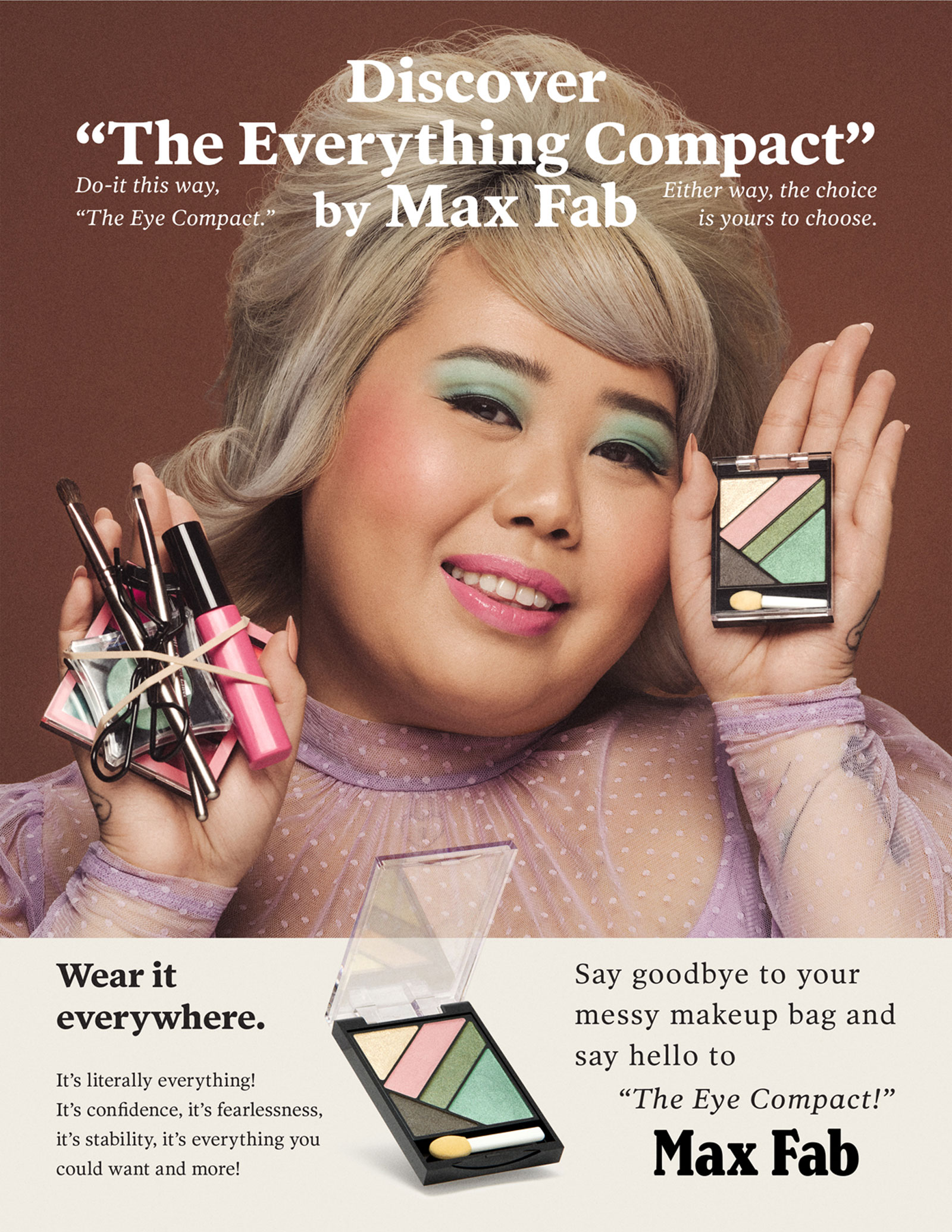
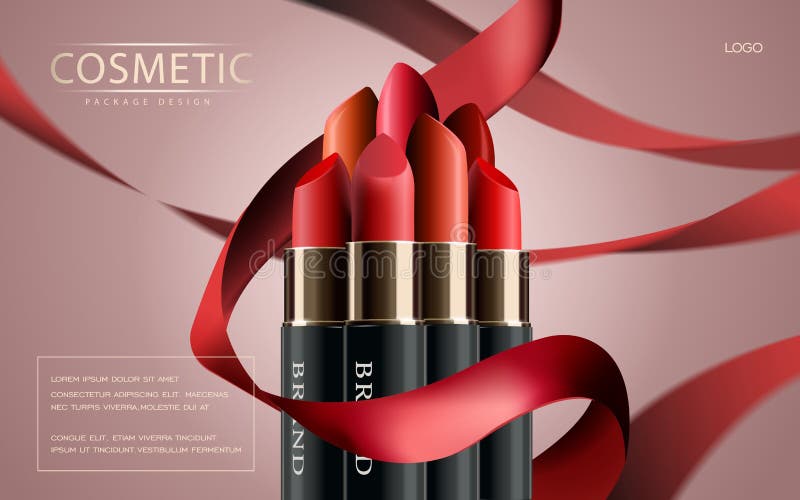




– Passive Consumption : The slow forceful change of growing a belief or idea into someones thought process and perspective through media techniques.
– The Hypodermic Model : The telling of someone to do something and they follow the ‘command’.
– Harold Lasswell : Wrote Propaganda Technique in the World War in 1948. His theory was ‘the brew of subtle poison, which industrious men injected into the veins of a staggering people until the smashing powers . . . knocked them into submission.’ Developed a linear model of communication.
– Lasswell’s Linear Model of Communication : Who (sender) > Says What (message) > Channel (medium) > To Whom (receiver) > With What Effect (Feedback)
– Two-Step Flow Model : The two-step flow model is the formation of opinions of products from the influence of opinion leaders.
– Active Consumption : This is an idea where the public engages with media communications.